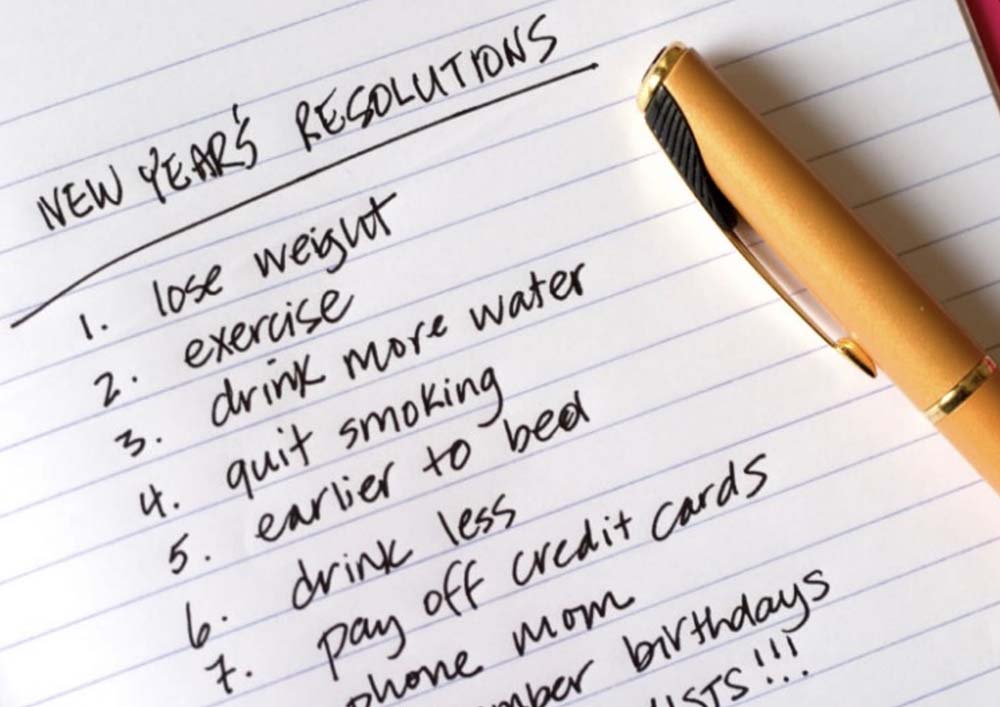Bodybuilders are always looking for ways to put on more muscle. This can be possible by following a well-thought-out training routine, getting the latest supplement or even doing a new diet. And while all those factors are essential for the process, none of them has the impact of how sleep affects muscle growth.
Not even the best training regimen in the world can compensate for lack of sleep. A proper amount of rest is the only way to achieve the maximum benefits of your muscle-building program. In fact, it is only by sleeping well that bodybuilders and athletes in general, can increase their muscle mass and hence improve their overall performance.
So how are sleep and muscle growth effected? Well, we’re about to open up on all that here in this article.
Glucose
The glucose that’s stored in our body is essential for energy. In fact, it is the only sugar that can be broken down and converted into energy. Other types of sugar that we take are converted into glucose before our muscles can utilize it for energy.
When we sleep, the blood glucose is stored as muscle glycogen in our muscles. Glucose is stored in other areas of the body, namely the liver and blood. Although muscle glycogen is a better place as it generates more energy than when the blood produces glucose.
When bodybuilders and athletes don’t get the right amount of sleep, they won’t get enough muscle glycogen replenishment.
The lack of proper sleep results in the following negative effects:
Reduction of Muscle Mass
If you are unable to get sufficient levels of sleep, your body’s muscle mass begins to shrink. A 2011 study shows how sleep deprivation affects muscle gains and recovery. In this study, individuals followed a strict 72-hour sleep schedule. One group was allowed to sleep for 5.5 hours a day, whereas another slept for 8.5 hours a day. Everyone from these groups followed a calorie-regulated diet. At the end of the study, researchers found that those who slept for only 5.5 hours had 60% less muscle mass, and those who slept for 8.5 hours had 40% more muscle mass. So there’s one more reason how sleep affects muscle growth!
Negatively Affects Hormone Levels
Inadequate sleep can negatively affect many of our body’s hormones. Some of which include:
Testosterone: is a well-known hormone found mostly in males, but can also be produced in females as well. It is the main hormone responsible for strength and muscle gains and also aids in burning body fat. The levels of testosterone peak during REM sleep, which can decline if or when the body doesn’t get sufficient levels of sleep.
Cortisol: is a hormone that is both good and bad for the body. One of its bad traits is that it breaks down muscle tissue. And when the body is stressed, it releases more cortisol in the process. Besides that, cortisol also increases the amount of fat that our bodies store. When we sleep, the body produces melatonin, which is what reduces the levels of cortisol. Melatonin helps the body relax and as well as aid in circadian rhythms that control our body’s sleeping patterns.
Human Growth Hormone: is a hormone that builds and repairs muscles and stimulates the production of IGF-1 (insulin-esque growth factor 1), which has an anabolic effect on our bodies. With adequate amounts of sleep, the amount of HGH our body produces is directly impacted. During sleep, our body produces almost 80% of HGH and insufficient sleep or rest will hinder our body’s ability to make this hormone.
Reduces Performance and Mood
It’s safe to say that most of us have seen sleepless nights no matter how early we go to bed. This is, in fact, so common that there doesn’t even need to be a study about it, but we’ll do one anyway.
A 2008 study by Dr. Bert Jacobson, states that lack of sleep hinders energy levels and makes us susceptible to mood swings. And if you think mood swings are not something we should be concerned about, think again.
The lack of adequate sleep leaves us easily more agitated and makes it harder for us to focus on simple tasks. It also makes us less productive and impairs our memory and logic.
Besides that, the lack of proper sleep also reduces our physical performance at gyms and other areas. This means none of our regular workout routines or activities will go as smoothly as they normally do.
So if you wish to fend off your insomniac ways and improve your overall physical performance, use the following tips to your advantage;
- Avoid having big meals before bed
- Avoid drinking alcohol in caffeine before bed
- Keep away from doing high intense activity right before going to sleep
- Avoid taking naps
- Turn off anything electronic
- Maintain a proper sleep schedule
- Drink a protein shake before bed


